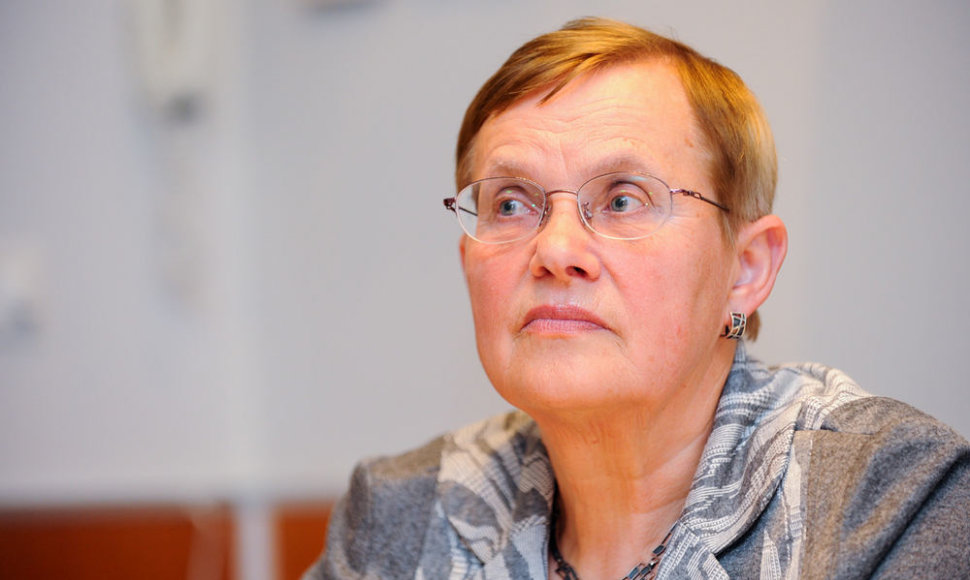Literary professor Viktorija Daujotytė says there were all conditions to prepare for the unified exam after the law was adopted in 2011 as the community of Lithuanian language experts thoughtfully worked in this direction and ethnic minority schools had taken the matter responsibly.
"Doesn't the reduction of words for our young fellow citizens seem offensive? We are offending those young, gifted people who, I have no doubt, are ready for the exam," she said, referring to one of the exam exceptions for non-Lithuanian speakers who will be required to submit a shorter essay.
Antanas Smetona, dean of the Faculty of Philology at Vilnius University, says that by introducing different tasks, "we are dividing the Lithuanian nation into talentless, more talented, and talented, although only an exam can do that." He believes people should enroll in higher schools based on a transparent and equal basis but this time "theoretically, we have to carry out one exam, and practically we see two different exams", and this is "deception."
In response to demands from the ruling party Electoral Action of Poles in Lithuania, Lithuanian-language examination tasks for ethnic minority graduates have been facilitated. Ethnic minority students are to submit 400-word essays, in contrast to 500 words for everyone else. Earlier provisions on marking exceptions also remain in force.
A group of opposition members of the Lithuanian Seimas appealed against such a ministerial decree, saying that it ran counter to the Law on Education and the country's Constitution.












